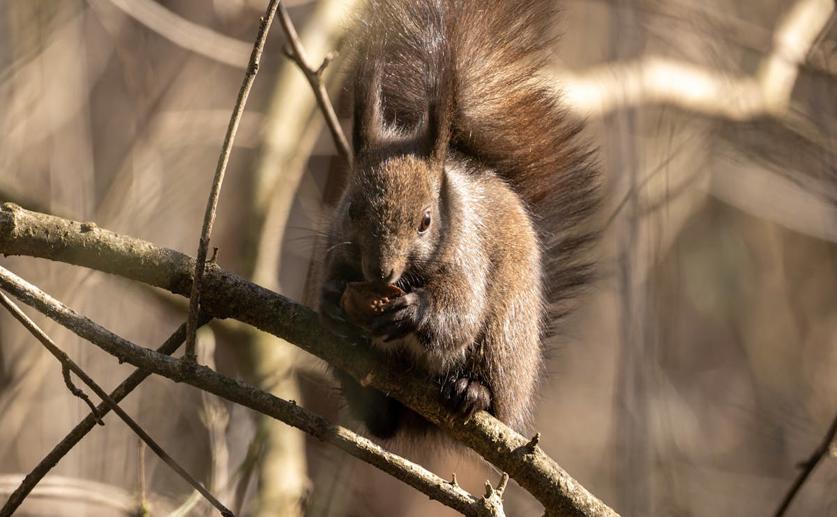
Trading Exotic Squirrels: Legality and Disease Risks
Greg Howard
20th April, 2024

Image Source: Kiril Gruev (photographer)
Key Findings
- In Indonesia, Prevost's squirrels are illegally traded, mostly wild-caught, for pets
- Younger squirrels (1-3 months old) are sold at higher prices than older ones
- The trade risks introducing these squirrels as invasive species and spreading diseases
EnvironmentWildlifeAnimal Science
References
Main Study
1) Trade in Prevost’s squirrels: legality, risk for introduction and disease transmission
Published 17th April, 2024
https://doi.org/10.1007/s10344-024-01794-3
Related Studies
2) Risk assessment and preventive health behaviours toward COVID-19 amongst bushmeat handlers in Nigerian wildlife markets: Drivers and One Health challenge.
3) Ecological interactions, local people awareness and practices on rodent-borne diseases in Africa: A review.
4) Introduction and spread of variegated squirrel bornavirus 1 (VSBV-1) between exotic squirrels and spill-over infections to humans in Germany.
5) Tackling zoonoses in a crowded world: Lessons to be learned from the COVID-19 pandemic.



 23rd March, 2024 | Jim Crocker
23rd March, 2024 | Jim Crocker